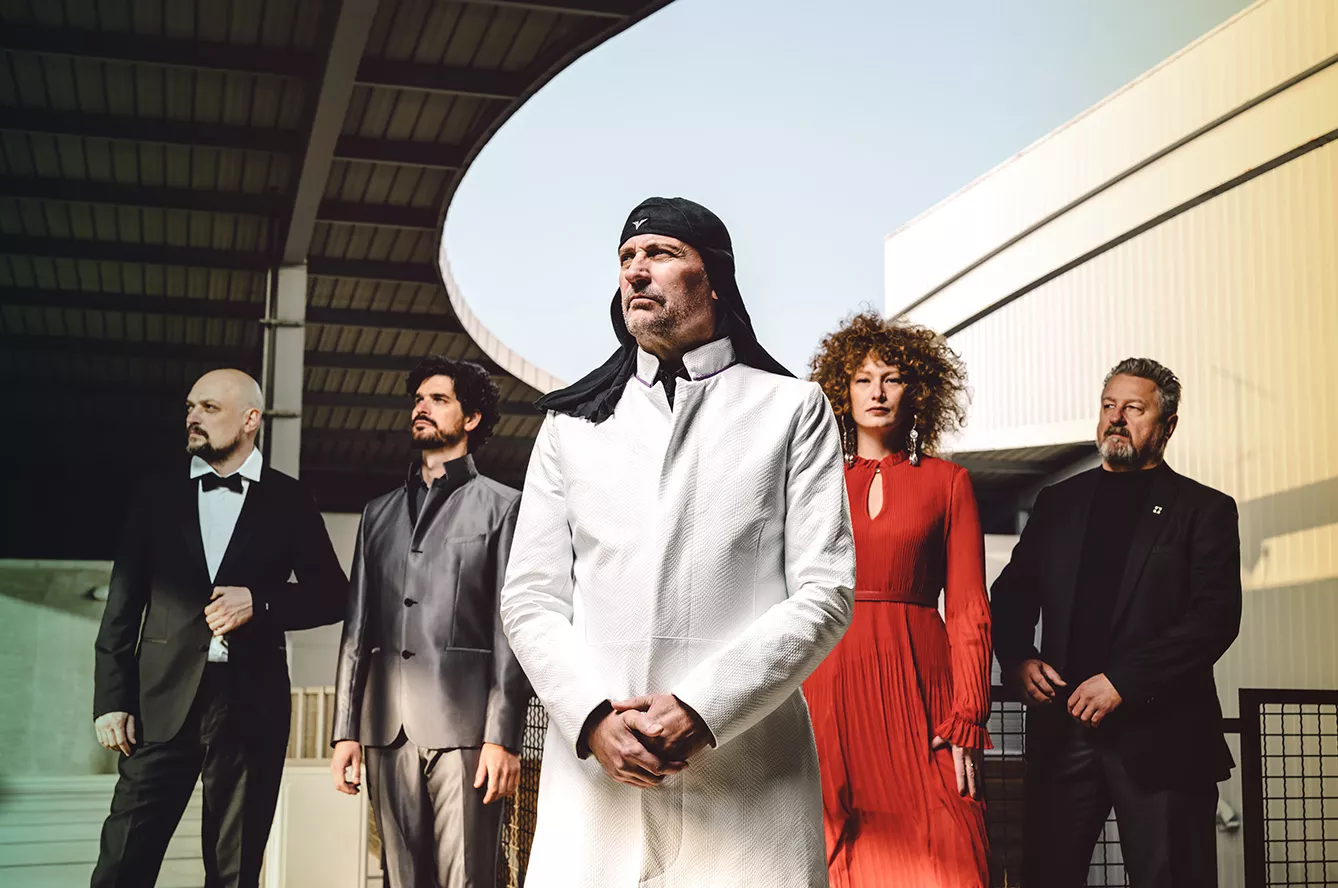When the socialist political structure in Southeast Europe began to fracture in 1984, Neue Slowenische Kunst (NSK, in German: New Slovenian Art) was founded in Ljubljana. By evoking memories of the Nazi annexation of Slovenia during Second World War, German names and communist propaganda symbols used in this artistic project were supposed to trigger debates about national issues and conflicts in post-war Eastern Europe. The concept was provocative and inconvenient for many; hence the initiative was often misinterpreted as fascist and faced political and social disapproval.
Neue Slovenische Kunst: the global state
NSK is an international construct that describes itself as “the first global State of the Universe,” or a “State in Time” without territory and borders. Anyone, regardless of their nationality, sexual orientation, religious beliefs, or any other affiliation, may become a citizen. Nowadays, thousands of citizens of this ‘stateless state’ (as it was called by the Slovenian philosopher Slavoj Žižek ) can be found all over the world. They are bearers of “real” passports issued by NSK. That’s not all – the NSK state has also established consulates in different countries. It even set up its own stall during the 2017 Venice Biennale.
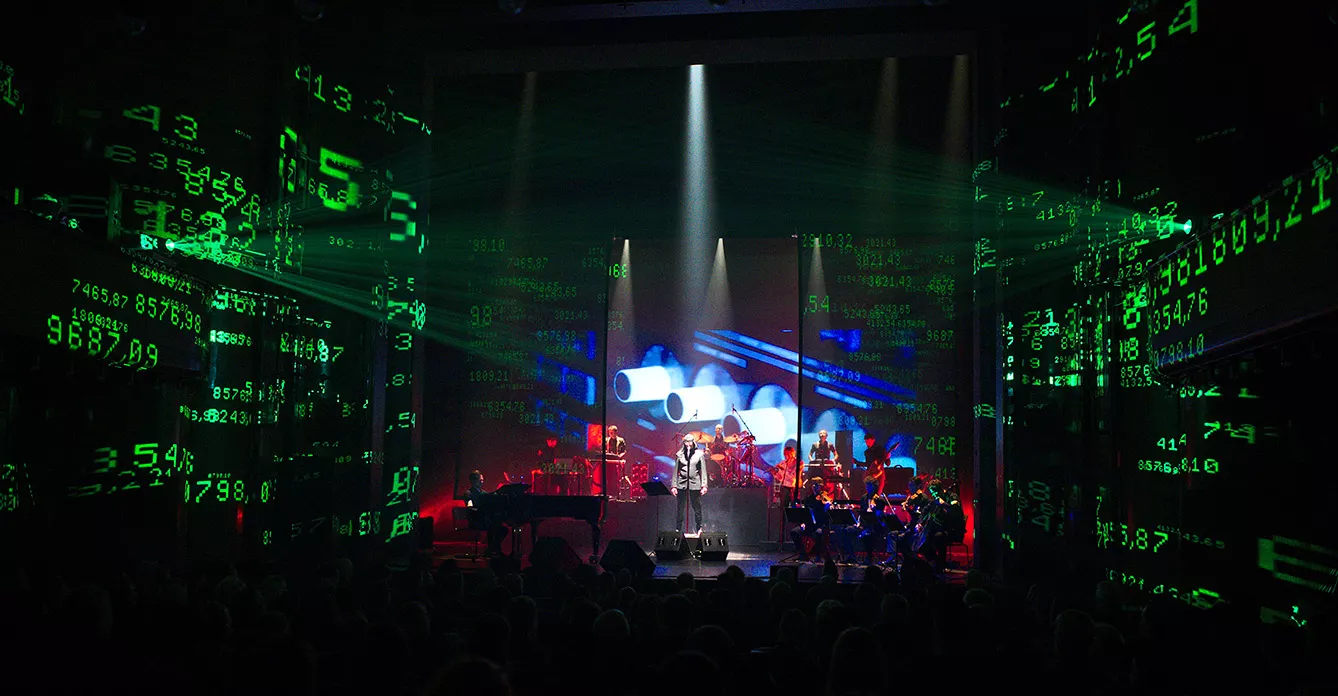
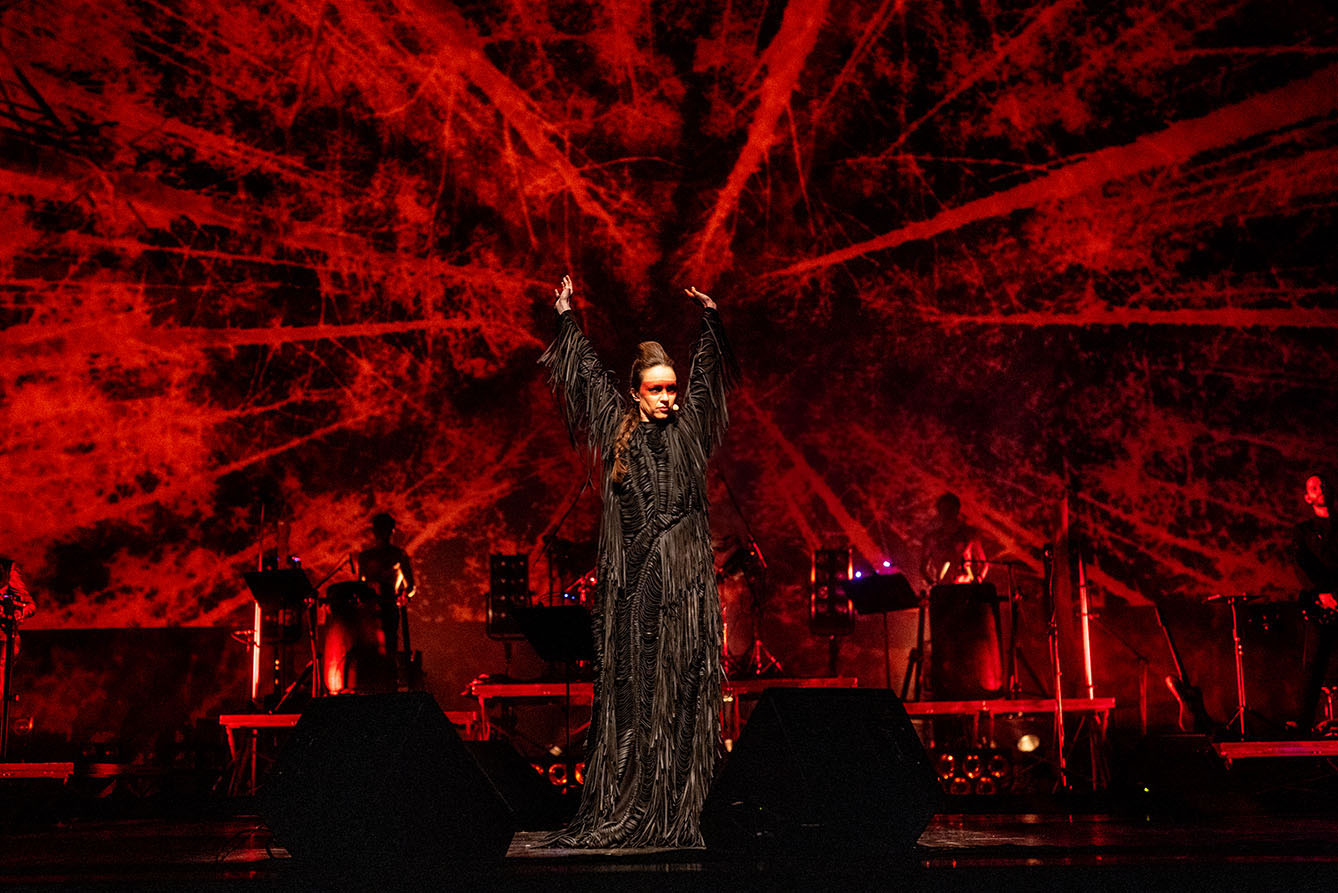
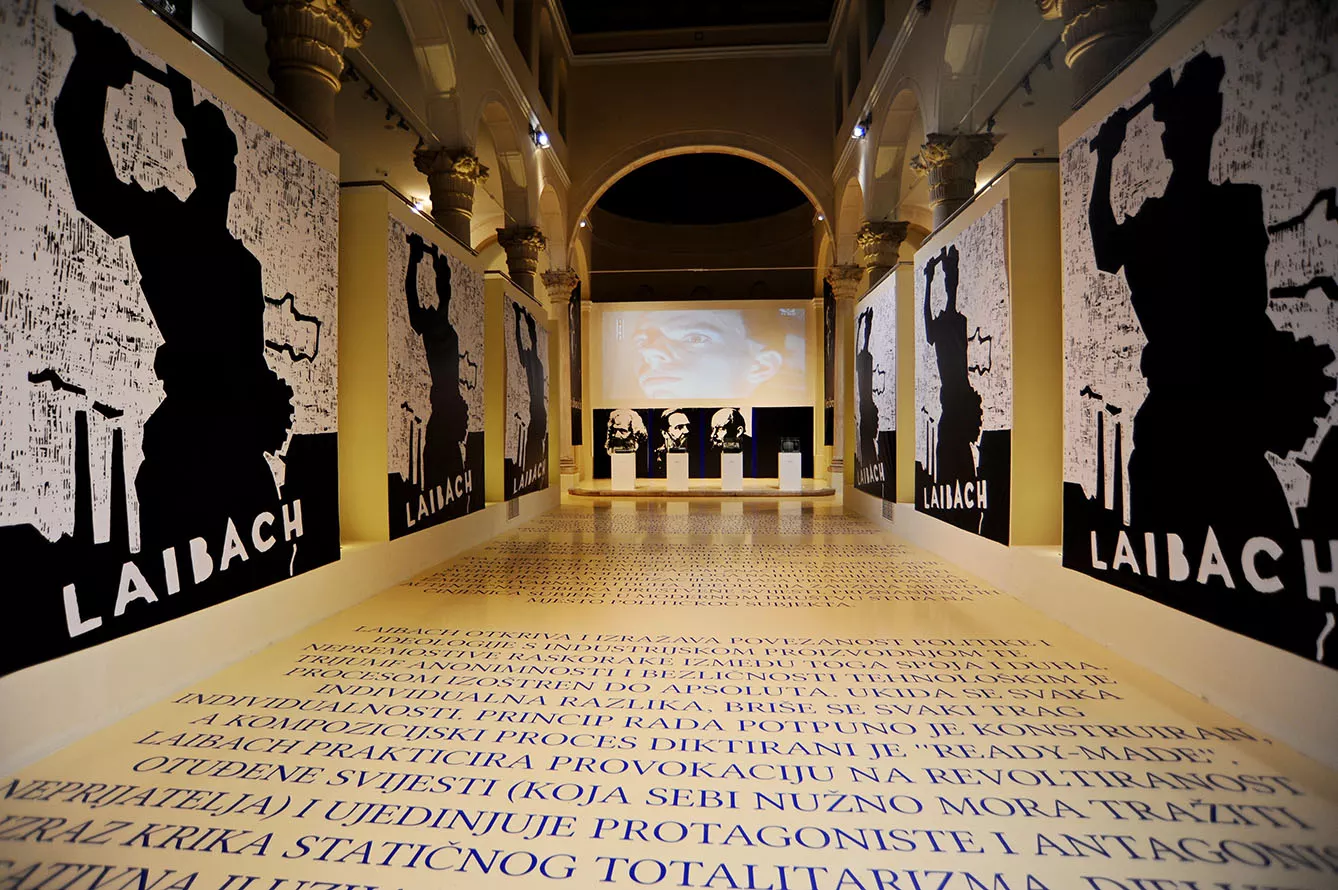
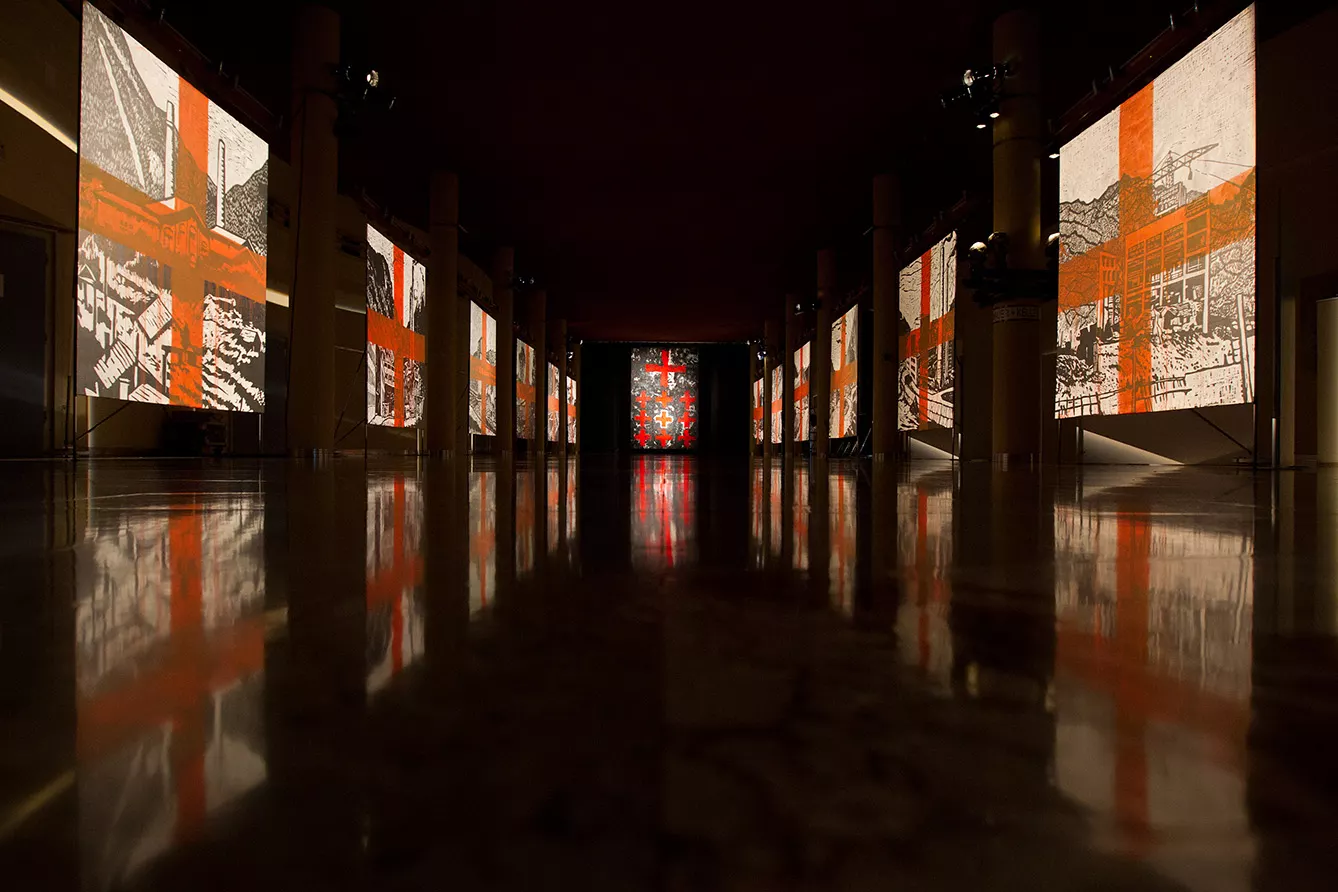
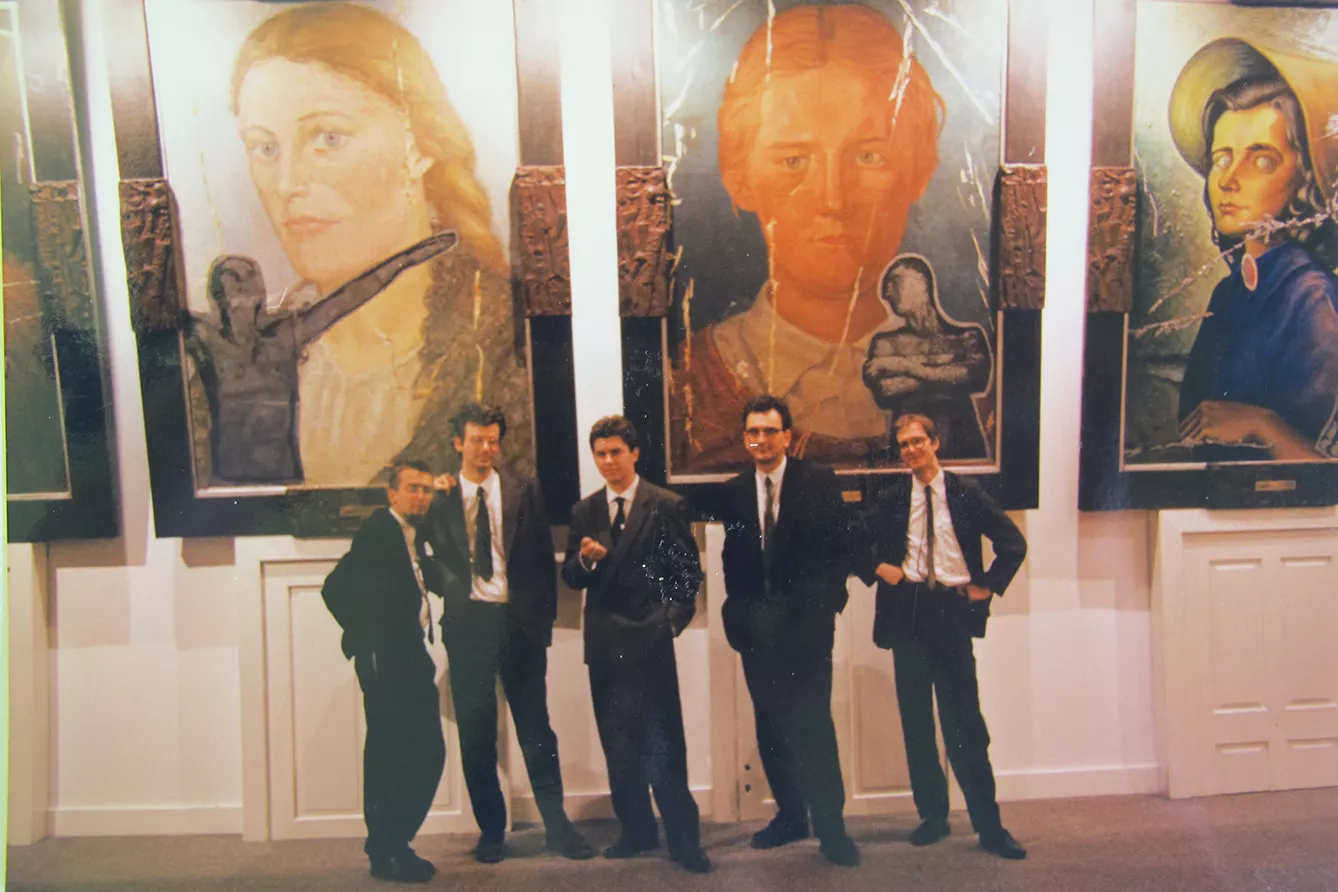
Neue Slovenische Kunst: a collective, not an individual
The founders of Neue Slowenische Kunst have always emphasized the collective nature of their formation and works. Songs and multimedia composed by the Laibach multimedia group involved in the NSK project are always credited to the group collectively. So are the works of artists from the IRWIN visual art group, who never sign their work individually (instead, they use a stamp or certificate). Fancy an autograph? If you receive one from Laibach, it will read “Laibach” in a distinctive, naive typeface, just like the one in the author’s NSK State passport below:
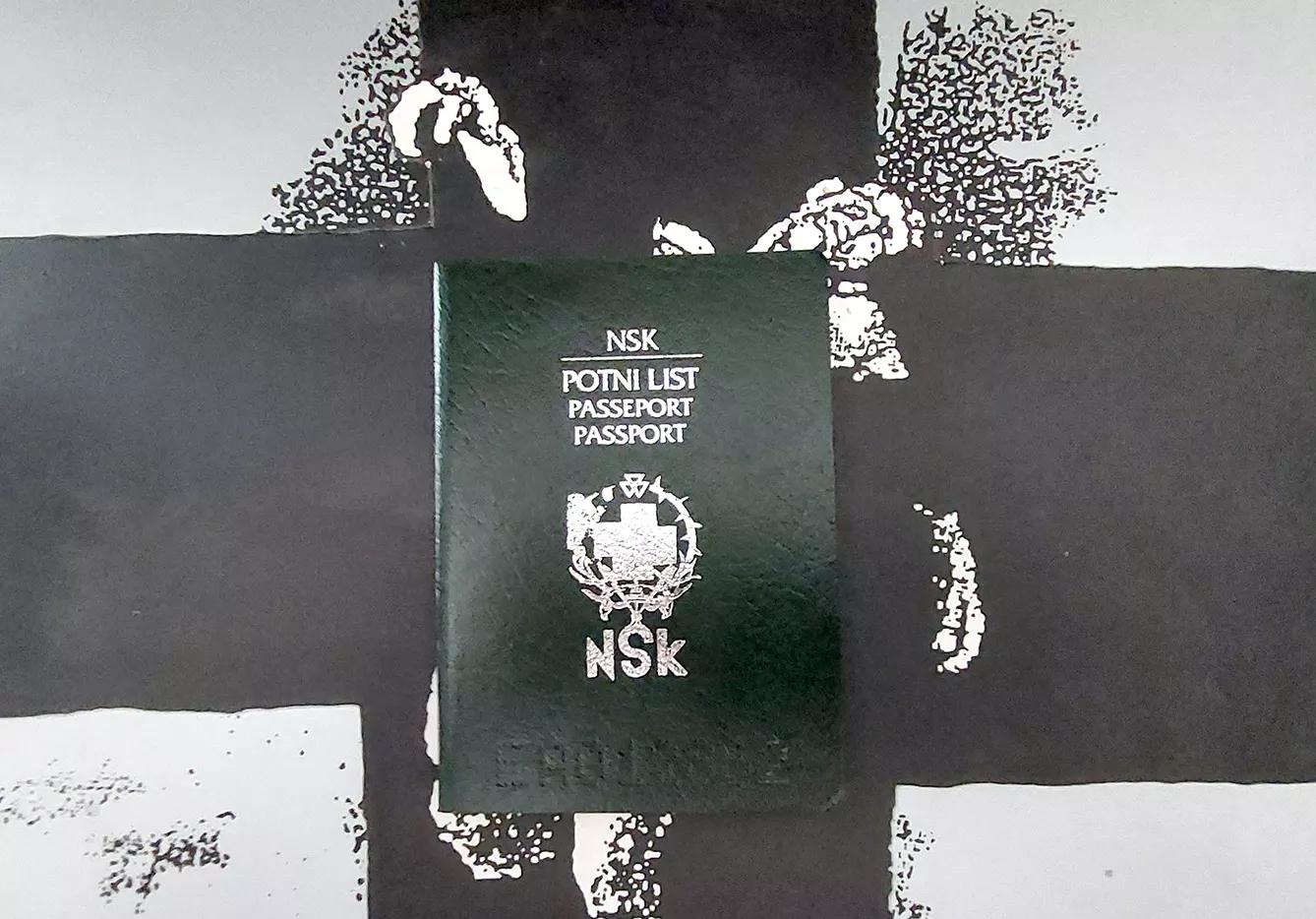
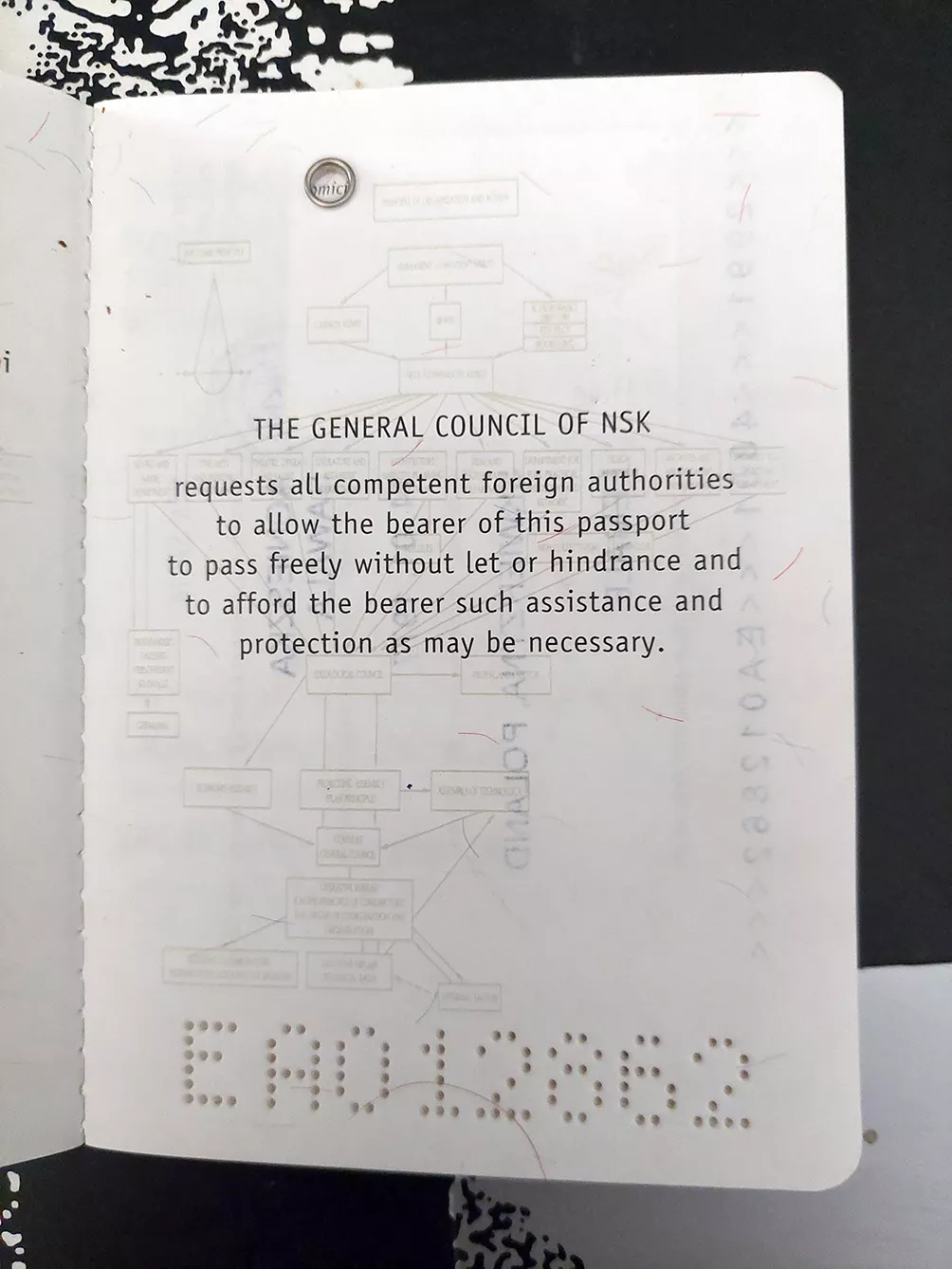

Deceptive hope
The leading statement of the NSK Passport’s preamble reads: “Art is fanaticism that demands diplomacy.” The passports look so realistic and professional that during the crises in Nigeria and the Balkan Wars, NSK State citizens used them in attempts to escape over the borders. What began as an artistic performance (though politically engaged) started to live its own life and went beyond the frames of contemporary art.
And this is perhaps the most interesting aspect of the NSK experiment. For over 40 years, it has been creating new social entities, going beyond the borders (of art and national politics), while at the time independently evolving in various directions, the development of which remains unpredictable.


